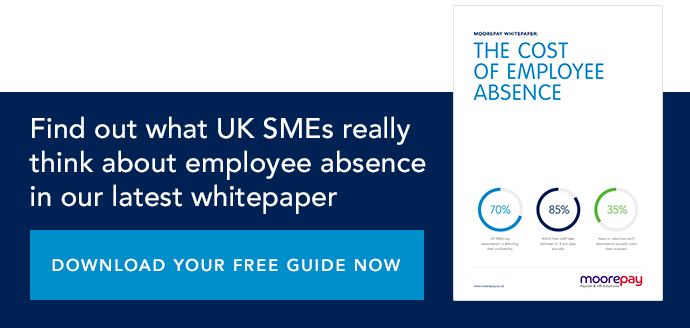How to Manage Holiday Requests Over the Summer Holidays

We’re about to hit peak holiday season in the UK, so how can employers manage an influx of holiday requests to minimise the risk of disgruntled employees?
Understanding leave entitlement
In most cases employees are entitled to 28 days holiday a year, often referred to as annual leave, details of which are specified in the employee’s contract of employment or hand book. Sometimes overlooked are the other types of leaves such as Unpaid Leave, Exceptional Leave and Special Leave.
What is central in the granting or exercising of any of the category of aforementioned leaves is the ability of the manager to understand of his/her rights in the process.
Leave is as easy as 1, 2, 3, 4
There are essentially four stages in managing leave:
Stage One: The employee submits his/her request for leave in accordance with the employee hand book/contract of employment. It is important that the employee does not book any travel or make holiday bookings until leave has been approved by his/her manager. The manager should be aware of what other members of staff have planned, or are planning, and this should be taken into account.
Stage Two: Where necessary, a discussion between the manager and the employee requesting the leave should take place to demonstrate that appropriate consideration has been given to the request, taking into account relevant factors such as:
- An awareness of what his/her colleagues are entitled to
- The period of leave the employee is requesting
- Maintaining the continuity of services
- The number of employees taking leave around the same time
- Maintaining the standards of services
Stage Three: Coming to a decision based on the information the manager gathered and having listened to the person making the request.
Stage Four: The manager should inform the person making the request of his/her decision and the reason for agreeing or declining the request.
What to remember when managing different types of leave requests
The above approach may not suit all organisations/businesses, but it could act as a guide to ensure that employees and employers adhere to the following:
Encouraging employees to take their annual leave during the course of the annual leave year. It does not mean however that it has to be all taken in one or two batches. It has to fit in with the needs of the organisation/business.
Discretionary leave is a period of leave that can be granted by the manager exercising his/her discretion in granting the request or not. Generally speaking, the employee would be supported with their request for annual leave, but it must be remembered that the manager has the right to decline the request.
Annual leave can be booked in advance, but leave to deal with the care of a dependent or a family emergency cannot. Whilst the law requires that employees have reasonable time off to care for a dependent, the manager can request that the employee requesting dependent leave show that he/she has a responsibility towards that person.
Businesses have the right to manage their workforce and how best to handle any request for leave. If a request for a specific period of leave cannot be approved you may want to consider discussing an alternative with the employee.
As indicated above, Special and Exceptional Leave are generally requested in response to special and exceptional circumstances and should be viewed as temporary.
Good communication is key
It is important to remember that managing leave of any kind is an important factor in employee relations and care should be taken in granting/exercising leave.
To ensure fairness and consistency, managers are encouraged to discuss with employees their request to maintain good relations and a positive atmosphere. The consequences of not maintaining this could result in an unhappy workforce which may have an impact on productivity/sales.



